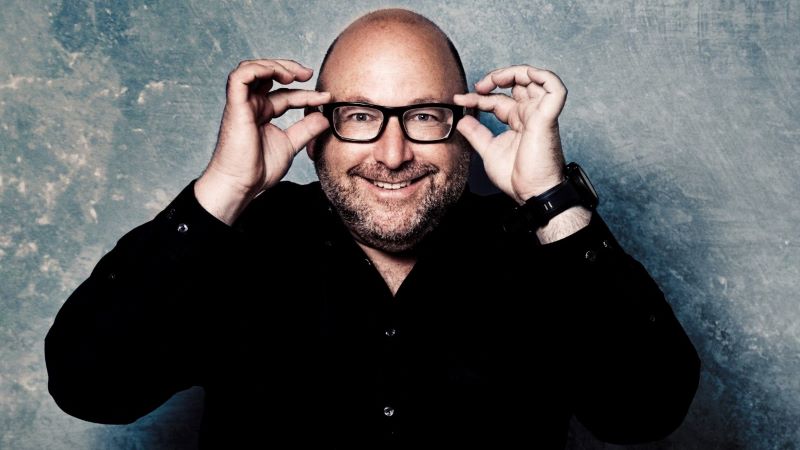
Voices

Sorry, not sorry
It’s not difficult to spot a fellow South African anywhere in the world. At a restaurant, they’ll be the ones trying to get the attention of the waiter by calling, “Sorry!” while others say, “Excuse me!”
When the server eventually does arrive, because they had no idea they were needed, and spills hot coffee over them, the South African will be the one apologising for the mishap. And then will reassure whoever is listening that there was “no harm done” as they move swiftly – and quietly – to find an emergency room to treat their second-degree burns.
Because they didn’t want to make a fuss. To be South African is to say, “sorry” when someone’s kid trips and falls. It’s to start a sentence with “Sorry to bother you” and to say “sorry” when someone mutters something inaudible. As if the inconvenience of making the mumbler repeat the sentence is apology worthy. And to say sorry when bumped.
In some ways, it’s endearing, gentle, polite, and rather sweet. But in others, it’s dangerous and life expectancy limiting.
We might live in urban areas, we might think that we no longer walk on the wild side, but the jungle remains a deep part of us. And in that world, the life span of the apologiser is short. A sorry-saying lion is a hungry beast, and an apologetic impala is lunch. It’s possible that the South African need to apologise is borne out of guilt. That our past has us feeling shame, and that as a result, we have an aversion to hurting anyone. Again. We therefore avoid conflict, and capitulate rather than confront.
The problem is that much like the impala, we’ve become lunch. The appalling treatment by the African National Congress (ANC) of many citizens, and especially Jewish ones, is to some extent the result of our own timidity. Where organisations like AfriForum – like it or not – have taken an aggressive approach to the government, when necessary, we’ve opted for dialogue and reconciliation. Where it has gone out guns blazing, we’ve written strongly worded statements.
It’s not meant as criticism. Especially as the approach worked in the past. But it’s clear to me that it no longer does. Because dialogue require two parties that have a shared goal. And at least a measure of respect awarded to the other. In our case, it’s clear that the ANC doesn’t respect or value the community. A feeling now returned in abundance.
It’s time to reframe our thinking. We’re not visitors in South Africa. We’re citizens of the country and have every right, as anyone else does. Rights that are entrenched in our Constitution. If the president doesn’t like it, he’s free to leave and he’s welcome to take his dishonest friends with him. He serves at the behest of his people, and he serves even those who have chosen not to vote for him. That’s his cross to bear.
Our responsibility is to respect the laws of the country, to do what we can to improve the lives of others, and mostly to stop apologising for the behaviour of others.
Sorry. Not Sorry!






